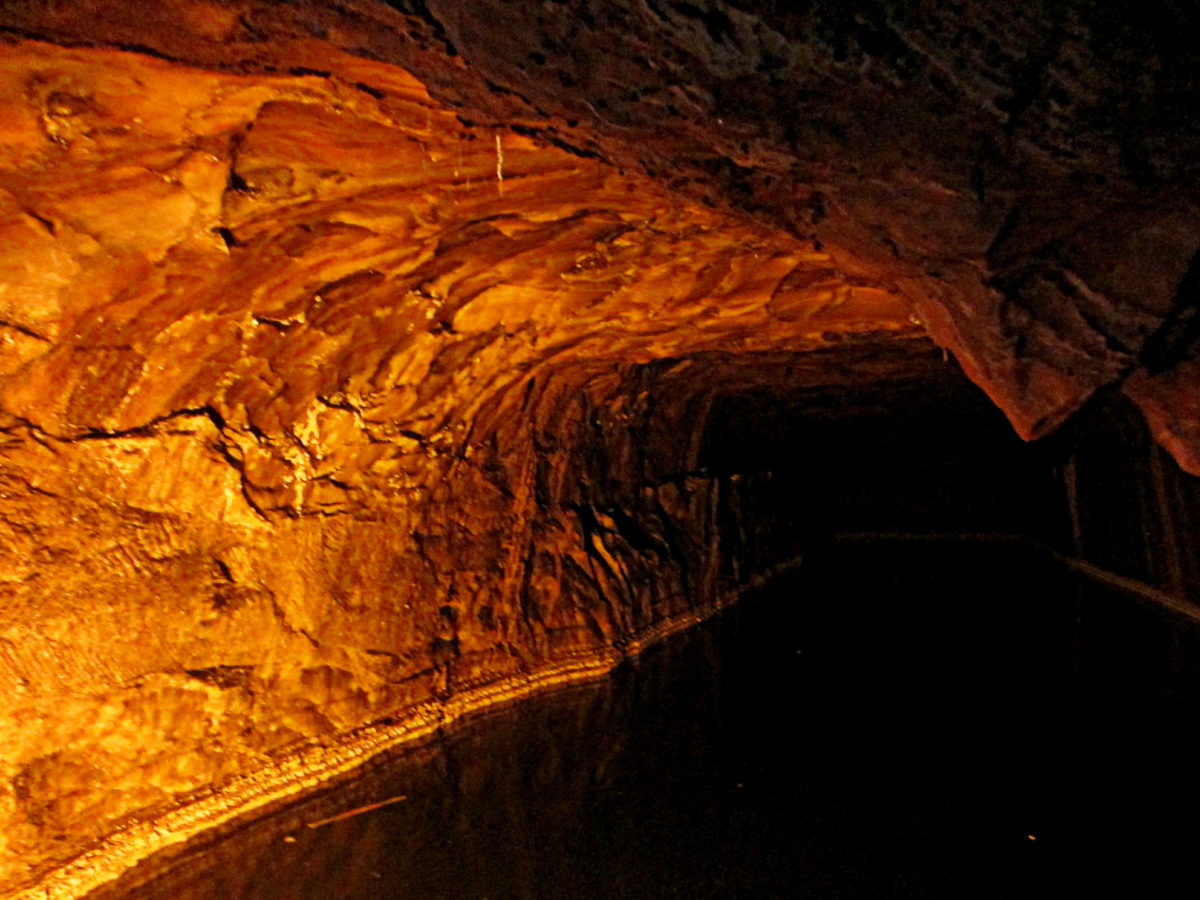Hydrogène de France and French gas grid operator Teréga have announced a plan to store hydrogen in disused salt caverns in France.
The companies have signed a memorandum of understanding to launch a pilot project near the municipality of Carresse-Cassaber, in the southwestern region of Nouvelle-Aquitaine, where the salt caverns are located. The €13.5 million HyGéo storage project will have a capacity of 1.5 GWh.
“HyGéo is a pilot that has been sized to be deployed quickly,” the companies said, adding they will conduct a technical-economic feasibility study this year. “This study will integrate the environmental and societal aspects and the operating methods implied by the new uses of hydrogen, such [as] power-to-power, power-to-mobility, power-to-industry and power-to-gas.”
Construction is set to begin in 2022, with commercial operation in 2024. French website Industrie & Technologies has reported the caverns were previously used as a propane storage site by French energy giant Total.
Just add … hydrogen
A recent study by the Jülich Institute for Energy and Climate Research (IEK-3) stated salt caverns offer a flexible, efficient option for hydrogen storage. The research group estimated Europe has the technical potential to store 84.8 PWh of hydrogen in bedded salt deposits and salt domes.
Most of the continent’s salt caverns, on and offshore, are in northern Europe. Germany accounts for the largest share, followed by the Netherlands, the United Kingdom, Norway, Denmark and Poland. There are other sites in Romania, France, Spain and Portugal.
The IEK-3 researchers said the proximity of the caverns to the coast is helpful, as brine disposal remains economical up to 50km from the sea. The caverns in Carresse-Cassaber planned for the HyGéo project are around 48km from the coast.
This content is protected by copyright and may not be reused. If you want to cooperate with us and would like to reuse some of our content, please contact: editors@pv-magazine.com.




By submitting this form you agree to pv magazine using your data for the purposes of publishing your comment.
Your personal data will only be disclosed or otherwise transmitted to third parties for the purposes of spam filtering or if this is necessary for technical maintenance of the website. Any other transfer to third parties will not take place unless this is justified on the basis of applicable data protection regulations or if pv magazine is legally obliged to do so.
You may revoke this consent at any time with effect for the future, in which case your personal data will be deleted immediately. Otherwise, your data will be deleted if pv magazine has processed your request or the purpose of data storage is fulfilled.
Further information on data privacy can be found in our Data Protection Policy.